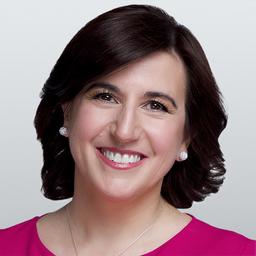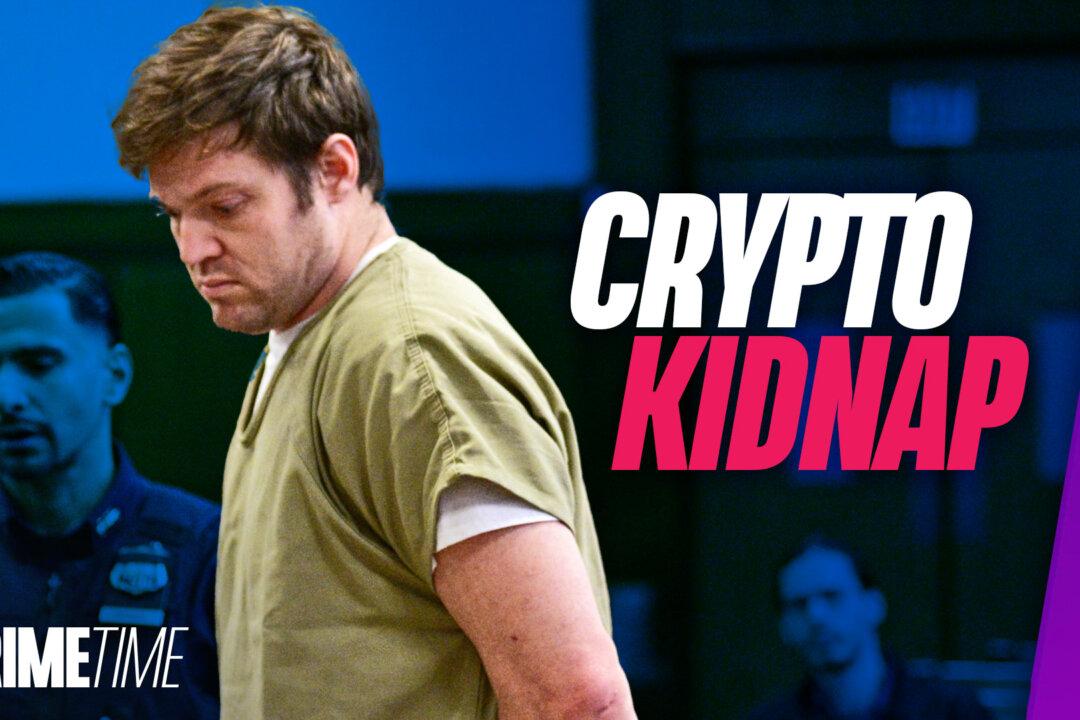[youtube]QLdC3sMs3hY[/youtube] Syrian revolution: Demonstration at the Omayyad mosque on March 18At least three demonstrators were killed in Syria on Friday as anti-government protests turned violent in several cities across the country. Tens of thousands of people joined demonstrations after midday prayers in Damascus, Daraa, Deir ez-Zor, Hama, Homs, Baniyas, and Al-Hassakah, report sources from inside Syria.
Most of the news about events in Syria is being released to the outside world via cell phone videos posted on YouTube and Facebook. Reports are also coming out through Syrian dissident networks operating inside and outside the country.
Video footage shows mass demonstrations in Damascus, Daraa, and Homs. In Damascus, Umayyad Mosque, known as the Great Mosque of Damascus, became a battleground as security forces locked demonstrators inside the mosque, beating them with batons to prevent them from joining the swelling protests outside.
The largest demonstrations, and the largest response from the state, occurred in Daraa, in the southwest of Syria near the border with Lebanon. Approximately 15,000 people are said to have gathered in Daraa where protesters chanted “Rebel Rebel” and “Makhlouf you thief,” as they clashed with security forces. Rami Makhlouf is a business tycoon with a reputation for massive corruption, but as a cousin of President Al-Assad, he is seen as untouchable.
The Syrian army reportedly sent in low flying helicopters to patrol Daraa from the air, directing security forces into rioting neighborhoods. There were incidents in the south of the city where security forces were parachuted onto the ground.
At least three people were shot and killed by security, according to witness reports. One of the dead is Akram Qteish Jawabrah, already being referred to among dissidents as the first official martyr of the Syrian Revolution. Witnesses also reported that fires are raging across Daraa, and that army units and tanks are now surrounding city in an attempt to enforce a curfew. Cell phone towers are down and the internet has been cut off in an attempt to restrict communications.
Prominent Syrian pro-democracy leader, Washington-based Ammar Abdulhamid, says that it is a surprise to everyone in the dissident community that the spark was in Daraa first. “Nobody knows why it started there,” says Abdulhamid.
Economically speaking, he said, the city is experiencing very bad times, and people have grievances against the governor whom they say is corrupt. Abdulhamid explains that soon after the unrest started, some people were arrested right away, including sons of clan leaders, which made the clan leaders angry: “Once a clan leader says everyone should go to the streets, people go to the streets.”
In Damascus by contrast, says Abdulhamid, “many people are still observers of the event, rather than participants in the event.” He expects the capital to be one of the last places where people will agitate for change on a mass scale.
Last Wednesday, organized demonstrations were held for the first time in several cities in Syria, but on a much smaller scale. Prior to that, there had been just one spontaneous protest in Damascus, of about 1,500 people on Feb. 17, which erupted because police began beating a man who insulted them.
Abdulhamid thinks change is coming and that Syrian authorities are in denial about it, just as Gadhafi is. The fact that the regime used violence in Daraa and elsewhere indicates they think they can crush the opposition. “I think if they try violence for the first couple of days and see with their own eyes that the people will still go out, they might reconsider other ways.” Other ways include offering reforms or other concessions. However, this will not work, he says, because the upper echelons are unwilling to relinquish the absolute power they currently enjoy.
“Eventually, I think we are going to head for a show down,” says Abdulhamid, adding that “eventually” could be a matter of days.
Clashes and casualties were also reported on Friday in Homs and Aleppo.
Most of the news about events in Syria is being released to the outside world via cell phone videos posted on YouTube and Facebook. Reports are also coming out through Syrian dissident networks operating inside and outside the country.
Video footage shows mass demonstrations in Damascus, Daraa, and Homs. In Damascus, Umayyad Mosque, known as the Great Mosque of Damascus, became a battleground as security forces locked demonstrators inside the mosque, beating them with batons to prevent them from joining the swelling protests outside.
The largest demonstrations, and the largest response from the state, occurred in Daraa, in the southwest of Syria near the border with Lebanon. Approximately 15,000 people are said to have gathered in Daraa where protesters chanted “Rebel Rebel” and “Makhlouf you thief,” as they clashed with security forces. Rami Makhlouf is a business tycoon with a reputation for massive corruption, but as a cousin of President Al-Assad, he is seen as untouchable.
The Syrian army reportedly sent in low flying helicopters to patrol Daraa from the air, directing security forces into rioting neighborhoods. There were incidents in the south of the city where security forces were parachuted onto the ground.
At least three people were shot and killed by security, according to witness reports. One of the dead is Akram Qteish Jawabrah, already being referred to among dissidents as the first official martyr of the Syrian Revolution. Witnesses also reported that fires are raging across Daraa, and that army units and tanks are now surrounding city in an attempt to enforce a curfew. Cell phone towers are down and the internet has been cut off in an attempt to restrict communications.
Prominent Syrian pro-democracy leader, Washington-based Ammar Abdulhamid, says that it is a surprise to everyone in the dissident community that the spark was in Daraa first. “Nobody knows why it started there,” says Abdulhamid.
Economically speaking, he said, the city is experiencing very bad times, and people have grievances against the governor whom they say is corrupt. Abdulhamid explains that soon after the unrest started, some people were arrested right away, including sons of clan leaders, which made the clan leaders angry: “Once a clan leader says everyone should go to the streets, people go to the streets.”
In Damascus by contrast, says Abdulhamid, “many people are still observers of the event, rather than participants in the event.” He expects the capital to be one of the last places where people will agitate for change on a mass scale.
Last Wednesday, organized demonstrations were held for the first time in several cities in Syria, but on a much smaller scale. Prior to that, there had been just one spontaneous protest in Damascus, of about 1,500 people on Feb. 17, which erupted because police began beating a man who insulted them.
Abdulhamid thinks change is coming and that Syrian authorities are in denial about it, just as Gadhafi is. The fact that the regime used violence in Daraa and elsewhere indicates they think they can crush the opposition. “I think if they try violence for the first couple of days and see with their own eyes that the people will still go out, they might reconsider other ways.” Other ways include offering reforms or other concessions. However, this will not work, he says, because the upper echelons are unwilling to relinquish the absolute power they currently enjoy.
“Eventually, I think we are going to head for a show down,” says Abdulhamid, adding that “eventually” could be a matter of days.
Clashes and casualties were also reported on Friday in Homs and Aleppo.




